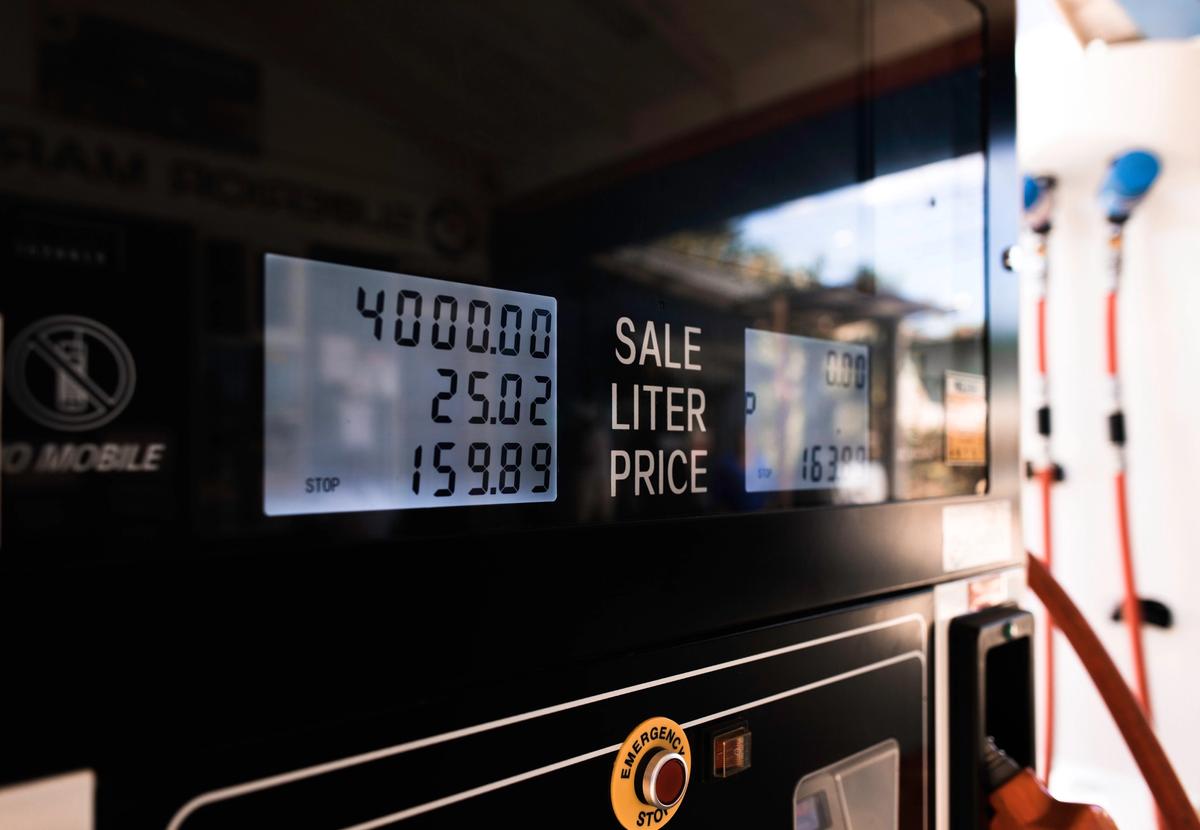Fisheries subsidies are a major concern for the conservation and management of marine ecosystems and fisheries. Certain types of fisheries subsidies have been shown to distort markets, contribute to unfair trade practices, hinder international cooperation, increase CO2 emissions, and drive illegal and unsustainable fishing. Indeed, there is broad scientific consensus that international rules on the provision of fisheries subsidies are necessary to help safeguard our environment and to achieve sustainable fisheries.
In 2001, the World Trade Organization (WTO) began negotiations to “strengthen disciplines” on fisheries subsidies. In 2015, the United Nations’ Sustainable Development Goals called for a prohibition on fisheries subsidies that contribute to overcapacity, overfishing, and illegal, unregulated and unreported (IUU) fishing. And in 2019, the European Green Deal targeted a “transition to a modern, resource-efficient and competitive economy with no net emissions of greenhouse gases by 2050”, thus, requiring effective carbon pricing and the removal of fossil fuel subsidies.
However, despite decades of negotiations and international commitments, rules on fisheries subsidies have yet to be agreed, while their provision increases. In 2018, the fishing subsidies of European Union (EU) governments totalled €3.2 billion, with fuel subsidies forming a significant share (21%).
This briefing was originally published by Client Earth and Our Fish here.

